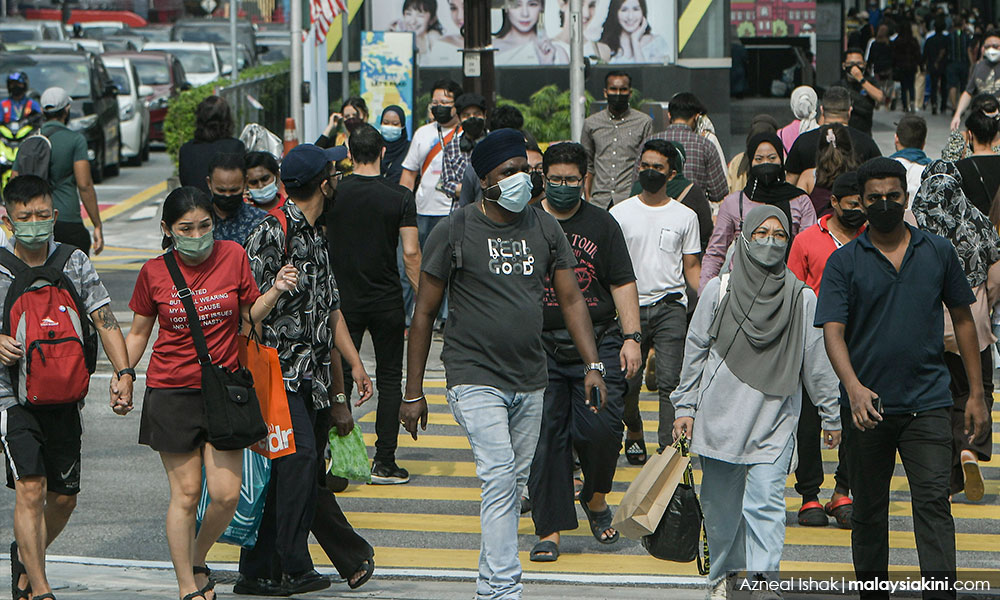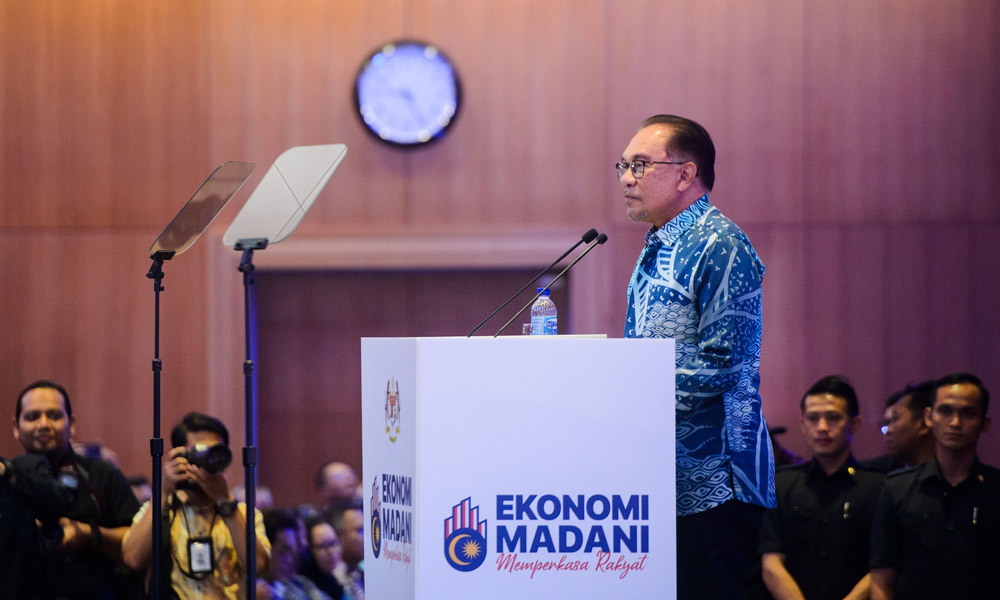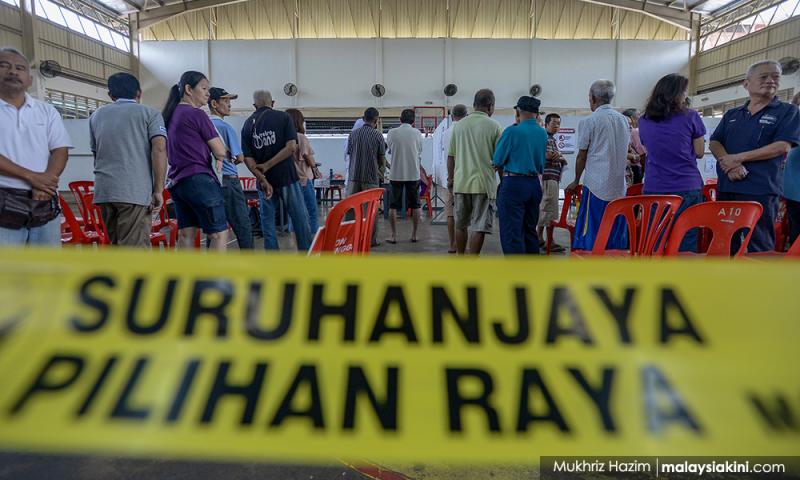COMMENT | Vote ruling parties to mitigate bread-and-butter issues
COMMENT | The coming elections in the six states are no different. For weeks now, we have heard that the outcome on Aug 12 will determine if Umno is still relevant to the Malays; give us an indication of how powerful Islamist PAS and the"Green Wave" are, and more importantly, be the yardstick to measure Prime Minister Anwar Ibrahim’s popularity.
Therefore, we have speculations such as the possible fall of Selangor to Perikatan Nasional and the opposition pact even making inroads in Penang.
But let’s just stop for a minute and ask ourselves if these are really the overarching issues at the state elections.
It’s clearly not, because all that voters want is a state government and a federal government that can ensure work opportunities, social protection, a cap on the prices of essential goods, and an increase in wages.
We can see that people are still struggling to plug the holes caused by the Covid-19 pandemic, such as job and income losses. And so, they are not interested in predictions about which party is going to win, the sway of votes or voter sentiment, or exit polls. They want a coalition that enables them to put food on the table, have access to healthcare, make rent every month, and fork out money for school.

But, there is another layer to this issue, where we must acknowledge that the Indians are the most disenfranchised among the majority Malays, who receive benefits from positive-discrimination policies, and the ethnic Chinese, who remain the business sector’s dominant players. So the discontent among the Malaysian Indians lingers.
Given this political climate, we must admit that the Madani economy, just announced by Anwar, goes the extra mile in mitigating some of the pertinent challenges faced by Malaysians, through economic structural reforms to create more meaningful job opportunities, establish a social protection network and ensure equal opportunities for all. These initiatives include the Indians as well.
The Madani economic package also looks into enabling the implementation of healthcare service reforms, infrastructure and public transportation, education, human resource reforms, and accessibility to basic facilities plus affordable housing for all Malaysians irrespective of race and religion.
We are already seeing positive changes on the ground where inflation is at 2.4 percent compared to 2.8 percent in May, meaning some food prices are down even though this may not yet be felt by everyone.

And the Madani economy’s comprehensive plan to address various challenges and issues related to Malaysia’s competitiveness and investment attractions will complement the surge in foreign investments: RM71.4 billion in the first quarter of this year, a 60 percent increase compared to the same period in 2022.
This government is still new and will have to mitigate teething problems including the “inherited” RM1.5 trillion national debt (80 percent of GDP), an economy weighed down by the 1MDB scandal and pricey infrastructure projects with China, corruption that was already prevalent in the country plus a hostile environment created by the opposition.
But, instead of giving in to the manufactured worry about the "Green Wave" (which may have a small impact) or the popularity of PN, we just need to vote in the ruling political parties to ensure people’s lives are protected and marginalised communities can be empowered and uplifted.
CHARLES SANTIAGO is a former Klang MP for DAP and the chairperson of the National Water Services Commission (Span).
The views expressed here are those of the author/contributor and do not necessarily represent the views of Malaysiakini.
RM12.50 / month
- Unlimited access to award-winning journalism
- Comment and share your opinions on all our articles
- Gift interesting stories to your friends
- Tax deductable
